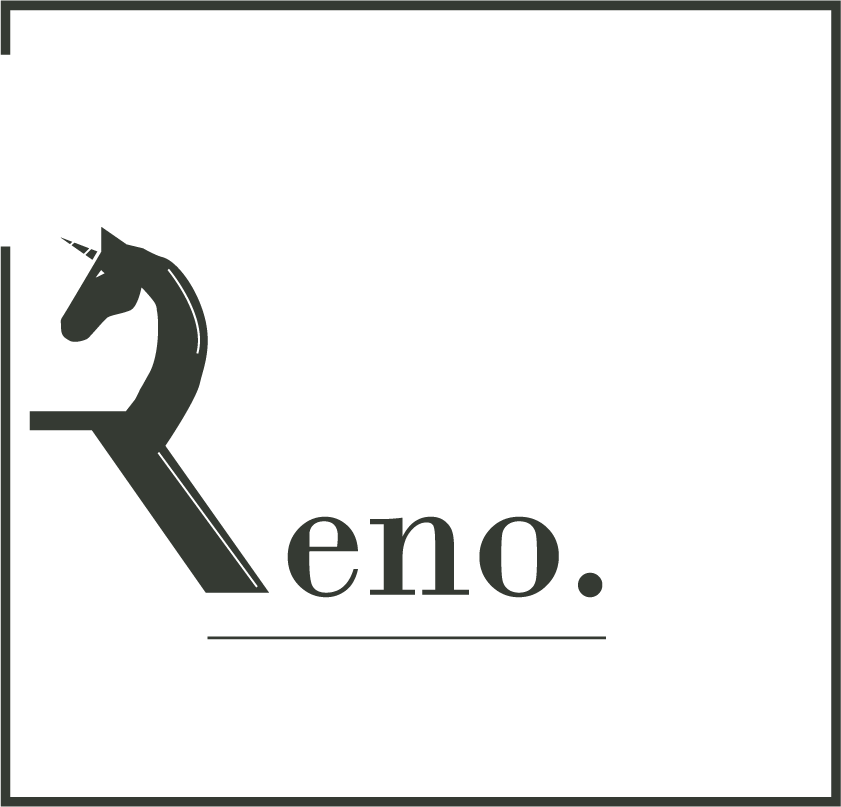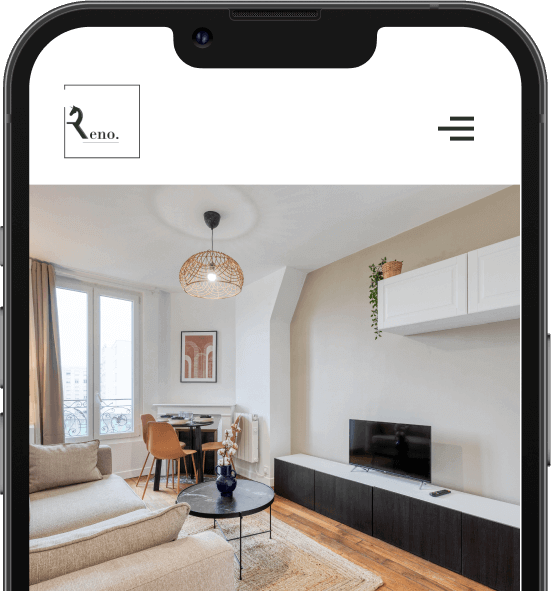Various mortgage loan systems allow financing the purchase and improvement works of a house or an apartment. Among the most favored, the Zero-Interest Loan (PTZ) and the Eco-PTZ are repayable financial aids without interest. The former facilitates homeownership while the latter finances energy-related works in the accommodation. In both cases, these support schemes are conducted by the State, targeting households with modest incomes. The classic PTZ is particularly useful for prospective buyers purchasing new or existing properties. This assisted loan is granted subject to income conditions and enables significant savings. Discover in this article the ins and outs of the PTZ for renovation works.
The Zero-Interest Loan, a loan supported by the French government
Maintained until the end of 2023, the PTZ refers to a mortgage loan whose interest is covered by the government to facilitate access to homeownership. This can be a property in new or existing condition. If the real estate project concerns the acquisition of a period property, the zero-interest loan would be considered as an aid for its renovation. To carry out specific energy works in the accommodation, the borrower can also benefit from an additional eco-PTZ.
Without interest and processing fees, the classic zero-interest loan allows financing 20 to 40% of a real estate project. In other words, the scheme subsidizes a part of the purchase or construction of a primary residence. Most banks approved by the State offer this aid, but this is not the case for all online credit institutions. Indeed, the administrative and financial procedures required to offer the PTZ may not be feasible for these specific banking organizations. At traditional institutions, the allocation of the zero-interest loan is subject to the same criteria as a conventional loan.
To process your request, you must provide your bank with the following documents :
-
- Your identity document or family record book,
-
- Your last 3 tax notices,
-
- A sworn statement from the buyer,
-
- The estimate of real estate operations,
-
- At the end of the works, evidence of the completion of these works being visibly provided.
The main objective of the assisted loan is to encourage the purchase of new or existing residences meeting strict energy performance conditions. It is granted to first-time buyers and can also be combined with other works aids (such as those from the National Housing Agency [ANAH], MaPrimeRénov', aids from local authorities, or energy certificates) offered by the public authorities, and regulated by law. In conclusion, this credit can be used to finance the purchase of a new property, as well as to finance real estate provided it is renovated.
The PTZ for the acquisition of an existing property, subject to renovation conditions
Strictly speaking, the zero-interest loan can assist in purchasing an older dwelling by financing 40% of the acquisition cost. This program can also be used to finance renovation work in your primary residence. This could include constructing your future home (such as building a garage or terrace) or work aimed at achieving energy savings (thermal insulation, installation of heating or hot water production systems). To be eligible, the renovations undertaken must amount to 25% of the total cost of the operation (purchase + renovations).
It is within this framework that the eco-PTZ can be combined with the zero-interest loan. This additional assistance, exclusively for energy renovations, is granted provided you are an owner-occupant, landlord, or one of the co-owners of a property built in France. Like the conventional PTZ, the eco-PTZ is offered by certain traditional banks, but this time, without any income conditions. Essentially, this loan is an advance of funds as part of energy renovation assistance.
It is worth noting that it is possible to apply for a complementary eco-PTZ, in addition to the standard PTZ, for specific renovation works. This is to improve the energy performance of the property. The work carried out must meet a minimum energy performance threshold. In other words, the aim of the eco-PTZ is to achieve a minimal level of energy performance and greenhouse gas emissions. To benefit from the eco-PTZ, the work must be carried out by qualified professionals recognized for environmental guarantees, commonly referred to as "RGE".
Furthermore, the two combined loans can be accumulated under the sole condition of not exceeding the capped amount of 30,000 euros set by the government. The zero-interest loan simply enables significant renovations, equivalent to refurbishment.
What are the eligible works to benefit from the zero-interest loan?
To qualify for the zero-interest loan for existing properties, the desired housing must undergo certain renovation works. There are three main categories of eligible works, namely :
-
- Creating new spaces/annexes (garage, terrace, parking space, etc.),
-
- Modernizing, sanitizing, or refurbishing living spaces,
-
- Carrying out energy-saving works on the property.
The zero-interest loan allows borrowing a sum of money repayable to a bank without having to pay interest in return. Consequently, it enables the creation of new living spaces such as a garage or terrace, the fitting of a kitchen or bathroom, and energy-saving works. Following improvements to the energy performance level, the property must have a maximum annual consumption of 331 kWh/m2in primary energy for heating, cooling, and hot water production.
It's worth noting that works to rehabilitate non-collective sanitation systems can be carried out as part of eco-PTZ financing. Additionally, thermal insulation (of the roof, exterior walls, windows, doors, and ground floors) and the installation of heating and hot water production equipment are eligible works for the loan. With the eco-PTZ, it's also possible to carry out similar renovation works in a condominium.
The eligibility requirements for obtaining a zero-interest loan
The PTZ is granted based on several eligibility conditions for carrying out the detailed works mentioned earlier. Financing construction, purchasing real estate, or rehabilitating housing is only feasible if both the borrower and the property meet the following criteria.
Eligibility for PTZ: Who qualifies?
Not all French citizens wishing to renovate or purchase their first primary residence are eligible. In fact, to access the zero-interest loan, one must be an owner-occupier, future landlord of the property, co-owner-occupier, or landlord. Conversely, the eco-PTZ is open to all; even condominiums can benefit from it to finance energy renovation works (thermal insulation, rehabilitation of sanitation systems, installation of heating or domestic hot water production). However, the bank still examines the financial situation of the applicant before granting financing for the works. It's worth noting that an individual eligible for PTZ cannot take out a zero-interest loan with just any banking institution.
The homeownership support scheme is reserved for first-time buyers. The assisted loan notably refers to buyers who have not owned a completed property for at least 2 years. It should be noted that the primary criterion for eligible individuals is to make a first real estate purchase. Legal entities cannot claim the zero-interest loan.
Eligibility for PTZ: What types of properties qualify?
The PTZ is an interest-free loan granted by banks and supported by the French government. While it allows financing for your real estate project, it applies only to a certain type of properties. In new properties, it concerns:
-
- Properties sold off-plan;
-
- Acquisition of a newly completed property that has never been occupied;
-
- Construction of a single-family home/land acquisition;
-
- Conversion of offices into property;
-
- Acquisition of a property for its first occupation after refurbishment.
The loan can also assist in financing the construction or acquisition of an outbuilding, which can be a garage or parking space. However, in existing properties, all properties are subject to zoning. The zero-interest loan finances 40% of the purchase of the house or apartment in specific zones located only on French territory.
In short, properties eligible for the scheme must be intended for use as primary, secondary residences, or for rental purposes. It can involve purchasing a building under the Renovation for Sale (VIR) scheme or social housing (in this case, the applied rate is only 10%).
For private properties, work must not commence before obtaining the zero-interest loan. In such situations, the borrower must provide their bank with a solemn declaration attesting to their intention to carry out real estate transactions.
Right to PTZ: What are the geographical zoning requirements?
The eligibility for PTZ depends on the geographical location of the property in question. Besides being the borrower's primary residence, the property must also adhere to specific geographical zoning requirements. The housing for which you seek a zero-interest loan must be located in zones A, Abis, B1, B2, or C. Here are some clarifications :
-
- In tight zones A, Abis, and B1, there is no existing PTZ for older properties, as these zones are exclusively eligible for new zero-interest loans.
-
- In relaxed zones, namely B2 and C, PTZ finances 20% of the operation's amount for new properties and 40% for older properties, provided that 25% of the renovation costs are presented.
It's worth noting that the properties eligible for these PTZ-eligible renovations must have been built more than 2 years ago. The Eco Zero-Interest Loan works similarly but applies to all property owners without exception (landlords, condominium owners).
Amount and Duration of Zero-Interest Loans
Designed for future buyers of their first primary residence, PTZ is a supplementary loan granted under certain income conditions. Its amount varies depending on the nature of the planned renovations, the geographical zone, and the number of people in the household. According to the law, an unborn child is considered a full member of the household, allowing individuals in this situation to borrow more. It's important to remember that the assisted loan can only contribute a maximum of 40% to a real estate transaction. Once acquired, the borrower must repay it in constant installments based on their income, the location of the property, over a period of 15 to 25 years, depending on the circumstances.
Generally, the zero-interest loan proves particularly accommodating and flexible because during this repayment period, there is a deferred period ranging from 5 to 15 years included. Thus, the borrower does not repay the loan during this interval, allowing them not to accumulate multiple loans simultaneously. Indeed, managing multiple loans at once can be challenging in terms of budget. At the end of the deferral period, the borrower can begin the repayment period of the zero-interest loan. This loan cannot finance the entirety of your investment; therefore, it must complement another loan. In theory, the higher your income, the relatively shorter the repayment duration will be.
The amounts of old PTZ granted range from 43,000 euros to 101,300 euros in zone B2 and from 40,000 euros to 93,000 euros in zone C. For energy renovation works such as insulation of walls, windows, doors, low floors, etc., the eco-PTZ finances a maximum amount of 59,000 euros.





